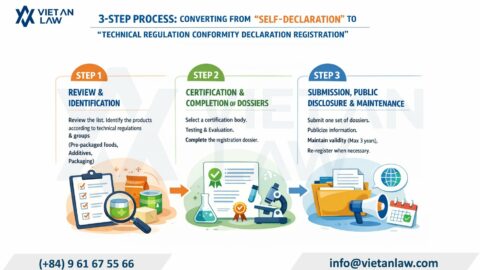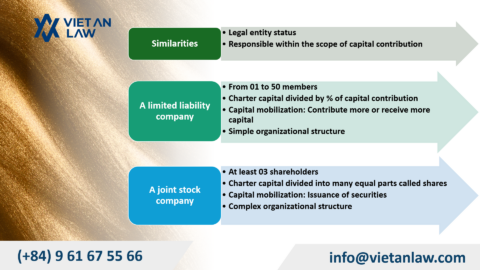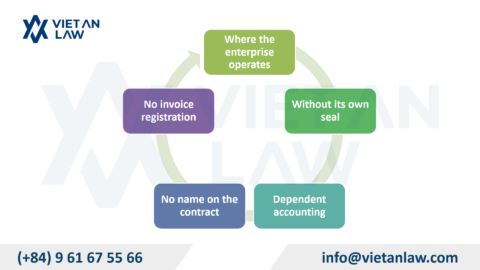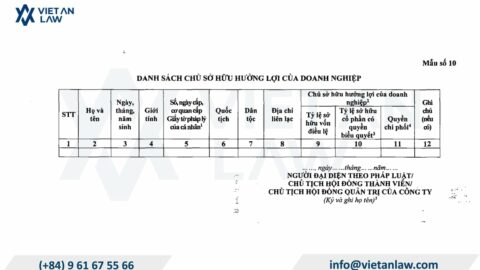Do businesses have to compensate employees if they pay wages late? Salaries are the most fundamental benefit for employees. Correspondingly, paying wages is the basic obligation of the enterprises (employers) to the employees. However, there are many cases where businesses pay wages late to employees due to various subjective and objective reasons. Thus, the question is, do businesses have to compensate employees if they pay late? A preliminary answer will be presented in the following article by Viet An Law.
Table of contents
To ensure employees’ rights, the Labor Code 2019 specifically regulates the salary payment deadlines for businesses (or employers) in Article 97 as follows:
Pursuant to Article 97 of the Labor Code 2019, enterprises shall pay their employees on time. In case of late payment, the enterprises shall pay their employees compensation that is worth at least the interest in the amount paid behind schedule at the latest 1-month interest rate quoted by the bank at which the employee’s salary account is opened.
However, pursuant to this Article, there are 2 following cases in which the enterprises shall not pay their employees compensation, including:
Late payment is a violation of legal regulations; therefore, the enterprises must be subject to legal sanctions. Under clause 2, Article 17 Decree No. 12/2022/NĐ-CP, the enterprises that fail to make the salary payment on schedule shall be fined from 05 million to 50 million dong, depending on the number of employees paid behind schedule.
The fine ranges are specified as follows:
Furthermore, under clause 5(a) of this Article, in addition to paying the full salary to employees, the enterprises are compelled to pay them interests on late payments or sufficient payments of salary, which are calculated at the highest rate of the demand deposit interest rates publicly quoted by state-owned commercial banks on the date of penalty imposition.
As analyzed above, when enterprises pay late salary, employees are eligible for financial benefits as follows:
To protect benefits when being paid behind schedule, employees are entitled to implement the following solutions:
Receiving salary is the right of employees, and paying salary is the obligation of employers. Therefore, when an employer delays salary payments, employees have the full right to make requests or demands for late salary payment and compensation (depending on the employee’s intent).
Such requests or demands can be made verbally or in writing. In practice, it is recommended that employees make their request in writing, not only to show respect and formality, but also because it serves as important evidence if the matter needs to be brought to the relevant government authorities for resolution.
As mentioned above, paying salaries late to employees is a violation of the law. Therefore, employees have the right to report the violation to the competent authorities (usually the local People’s Committees) regarding the employer’s legal violation and request the authorities to impose a penalty for the violation.
After examination, if violations are found, the competent authority will issue an Administrative Sanction Decision. The Decision will specify the level of the penalty and the applicable remedies. As analyzed above, in this case, the employee will be paid the full salary and interest as prescribed by law.
Under Article 3 of Decree No. 24/2018/ND-CP, employees have the right to file a complaint about late salary payments by enterprises. The complaint procedure is carried out in 02 basic steps as follows:
Under Article 4 of the Civil Procedure Code 2015, employees have the right to file a lawsuit at the competent People’s Court to solve the case and force the employer to pay the salary and compensation as stipulated by law.
In the event of filing a lawsuit, employees should consider the following:
This is the legal explanation from Viet An Law regarding the question: “Do enterprises that pay late salary have to compensate their employees?”. If you have any further questions or need legal support on related issues, please contact Viet An Law for timely assistance!




